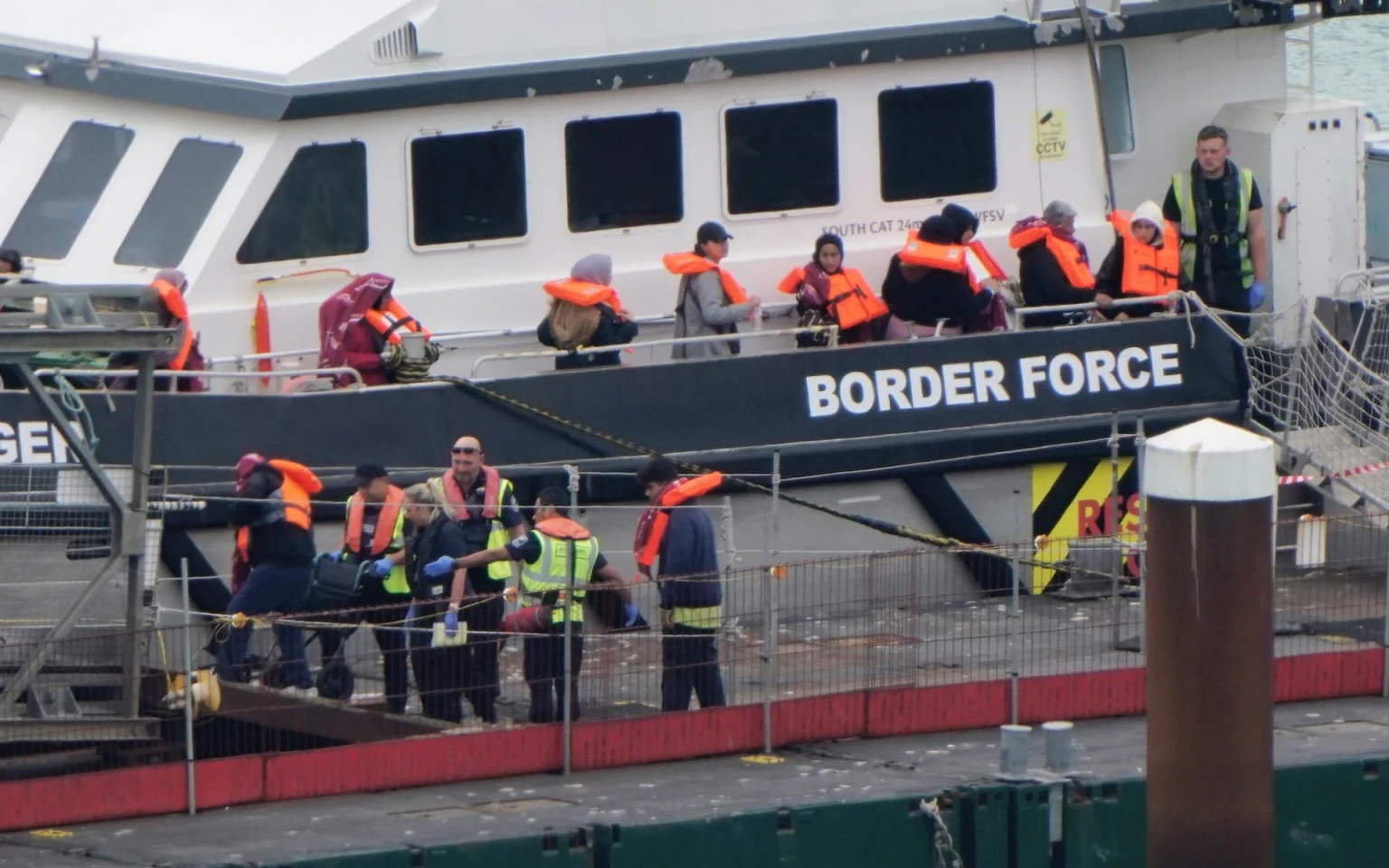The UK is set to deport the first group of Channel migrants back to France as early as Monday, under Sir Keir Starmer’s newly signed one-in, one-out migration agreement with French President Emmanuel Macron.
Asylum seekers who arrived by small boats in early August have been issued formal removal directions, with deportation flights expected throughout the week. The UK government confirmed that 100 individuals detained upon arrival had their details shared with French authorities for clearance.
In return, a similar number of asylum seekers currently in France with family ties in the UK will be resettled in Britain. This reciprocal arrangement, signed in July, marks a strategic shift in how the UK manages irregular migration across the Channel.
Legal challenges are anticipated, with prominent immigration lawyers representing several detainees. However, insiders believe a broad judicial review like the one that halted the Rwanda deportation plan is unlikely.
Sir Keir and new Home Secretary Shabana Mahmood are expected to tout this as a breakthrough in tackling the small-boats crisis.
Although, the pilot begins with modest numbers, ministers hope it deters dangerous crossings, which have surged this year to over 31,000 up 40 per cent from last year.
The initial flights, reportedly scheduled on Air France for Monday, Tuesday, Wednesday, and Friday, are timed just ahead of Donald Trump’s state visit to the UK.
A Home Office spokesperson said, “Under the new UK-France treaty, people crossing in small boats can now be detained and removed to France. We expect the first returns to take place imminently. Protecting the UK border is our top priority.”
The first deportees were part of a group of 155 migrants who crossed the Channel on Aug 7. After being processed in Manston, Kent, selected adults were transferred to Harmondsworth removal centre before notification was sent to France. Under the agreement, the UK must alert France within three days of who it plans to return, with a 14-day window for French authorities to raise objections.
Refugee advocacy groups have condemned the scheme as morally repugnant, particularly as many detainees come from countries with high asylum grant rates such as Afghanistan, Sudan, and Eritrea.
Although only around 100 migrants will be returned in the initial phase, this is a small fraction of the 800 people currently crossing the Channel each week. There are fears that smugglers will use the low return rate to encourage further crossings.
To counter this, the UK has launched an advertising campaign in France, warning of the risk of return for anyone crossing illegally. Meanwhile, an online portal for legal applications to the UK opened last month. Applicants must be physically in France, have family ties in the UK, and be from countries with high acceptance rates for asylum.
This week’s deportations are expected to mark a pivotal moment in Labour’s immigration reset and a test of whether a cooperative European approach can succeed where previous unilateral efforts failed.



